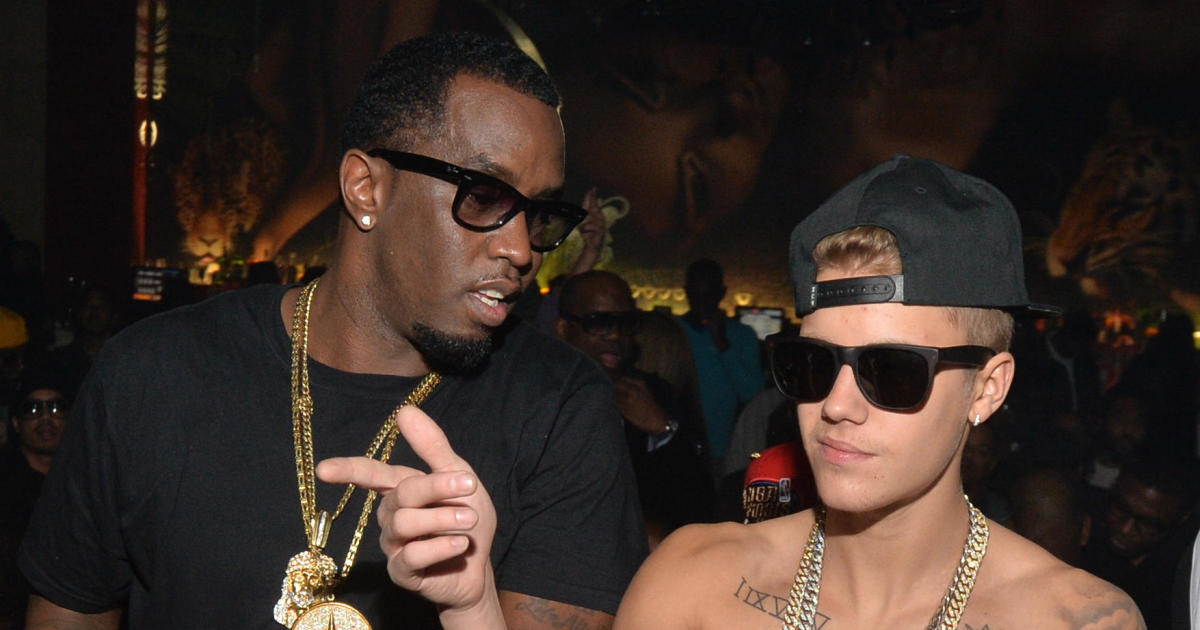The internet is buzzing with a song that sounds eerily like a Justin Bieber track, featuring lyrics about losing oneself at a “Diddy” party. The song has amassed millions of views across various platforms, including TikTok, X, and YouTube, raising questions about its authenticity and the role of artificial intelligence in its creation. While Bieber hasn’t officially released the song and his representatives remain silent, multiple AI audio detection tools suggest it was likely generated using AI technology. This begs the question, could this song be the first sign of a potential AI-powered music revolution?
The Rise of the AI-Generated Bieber Track
The song first appeared online in April, quickly gaining traction on TikTok, amassing 7 million views for a single video. It resurfaced in late September after Sean “Diddy” Combs was charged with serious crimes, sparking further interest and generating more views.
Is It Bieber or AI?
While many social media users recognized the song’s Bieber-esque sound, others were convinced that it was an actual Bieber release. However, no evidence supports this claim, and the song doesn’t appear in Bieber’s discography. Furthermore, multiple AI detection tools, including Ai-SPY and Resemble AI, have flagged the song as likely being AI-generated.
Unmasking the AI Technology
According to experts, someone likely composed the lyrics and melody and uploaded them to a website for AI voice cloning to generate the Bieber-like vocals. Stephen Stahl, co-founder of Ai-SPY, explained that the use of AI for music creation is becoming increasingly accessible, enabling anyone to generate a song quickly and efficiently. “The downside is that everybody will be able to create a song,” he warned, suggesting that traditional talent might be losing its significance in the face of advanced technology.
AI-Generated Music: A New Era Dawning?
The alleged AI-generated Bieber song raises crucial questions about the future of music production and the impact of AI technology on creativity and authenticity. While some argue that this technology has the potential to democratize music creation and make it more accessible, others express concerns about its potential to diminish the role of human talent and artistry.
Exploring the Advantages and Disadvantages of AI Music
The accessibility of AI-powered music production offers numerous potential benefits:
- Empowering aspiring musicians: AI can provide a platform for emerging artists to create music with professional quality, regardless of their musical skills.
- Experimentation and innovation: AI can encourage experimentation and creativity by generating novel sounds, rhythms, and compositions.
- Accessibility and efficiency: AI tools can simplify and accelerate music production, allowing musicians to focus more on creative aspects.
However, concerns exist about the implications of AI-generated music:
- Authenticity and copyright issues: As AI becomes more sophisticated, questions about ownership and copyright will arise, particularly when it comes to music generated by AI tools.
- Diminishing human artistry: Critics fear that overreliance on AI might diminish the role of human creativity, potentially leading to homogenized music devoid of authentic emotions and personal expression.
- Ethical considerations: There are ethical considerations regarding the use of AI for voice cloning and the potential for misusing this technology to create unauthorized versions of artists’ voices.
The “Diddy” Song’s Impact: More Than Just a Viral Hit
The emergence of the “Diddy” song signifies more than just a viral sensation. It highlights the growing role of AI in the music industry and the potential for technology to redefine creativity and production. This situation raises ethical concerns about how AI technology is being used and the impact it has on the future of music.
Take Away Points
The emergence of the “Diddy” song has sparked a significant conversation about AI’s role in music. While the accessibility and potential of AI in creating music is undeniable, there is also concern about the future of human artistry and the authenticity of music generated by AI tools. Ultimately, the implications of AI-generated music will depend on how artists, musicians, and society as a whole navigate the challenges and possibilities presented by this evolving technology.









